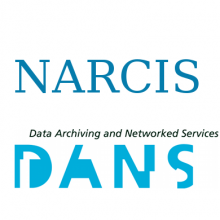Resource information
Urban physical public infrastructure is a frontline defense mechanism to manage and mitigate climate-related impacts. Market instruments are often cited as possible means to spread risk and reduce financial burdens on the public sector. The authors argue that existing research tends to focus on the technical issues of instruments and neglects considering institutional dynamics that may enable or constrain local market-based financing mechanisms. In this article, three core dilemmas (values uncertainty, planning horizon, and indirect benefits) are used to analyze the responses of practitioners to a possible financing instrument. The findings indicate that the practitioner’s responses to tax increment financing were largely shaped by the adaptation dilemmas and not the characteristics of the instrument per se. By mapping the dilemmas onto whether they would recommend it, participants imposed a financial barrier on climate adaptation investments. The authors conclude that a key imperative in the design of policy instruments is to pay attention to the congruency of informal institutions at the ‘street level’ in order to be in-step with the current sociopolitical conditions. The findings also point to four key attributes that a local market-based instrument would need to be aligned and responsive to the Dutch planning and development context.


